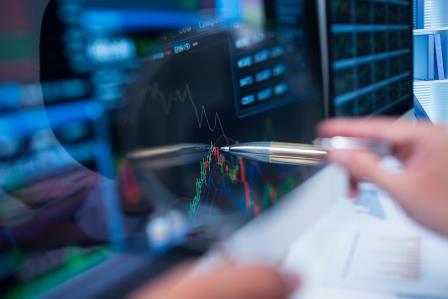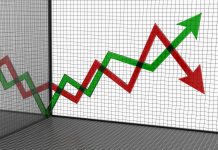Today, investors’ minds are haunted by more questions owing to the prevailing uncertainty in the market. They are unable to foresee with certainty how the stock market will behave in the near term.
In contrast to domestic investors, foreign investors have a greater number of concerns.
The uncertainty of the global market is having an implication on the performance of the Indian market, as the world has become more correlated in this century.
Despite this, domestic investors have been patiently making investments this year, overviewing an improvement in domestic fiscal conditions, economic growth, political stability, and corporate performance.
US, the world’s best & largest economy stock market performance is in doldrum. S&P500, Dow Jones, and Nasdaq are down by 20%, 12%, and 30%, respectively, year to date.
Some of the world’s best companies like Meta, Netflix, Alphabet, and Microsoft are down by 71%, 51%, 36% & 33% year to date, respectively.
Given such a harsh reality, the world market cannot revive. In contrast, the Indian market has shown remarkable resilience; the Nifty50 is up by 2%, YTD, while Midcap & Smallcap had to bear the dent.
A fundamental issue of the current weak performance is the one-side rally of the stock market during the pandemic despite the lack of earnings growth.
For example, the S&P500 index earnings growth during two years from 2019 to 2021 was 12% CAGR, while the index rose by 24% CAGR. A loose monetary policy continued for a longer period, building an inherent inflationary economy.
The central banks wrongly presumed that the rising prices were transitory. They forecasted that inflation would fade as the economy opened, bringing supplies.
But a significant part of capacities was lost during the pandemic while some were not able to recover due to restrictive policies.
Then the war between Russia & Ukraine started in February 2022, which further impacted the supply chain, igniting severe world inflation.
The Fed started rapidly increasing rates in April 2022. The effective FED rate, which was Zero percent in March 2022, is now 3.25% and is expected to rise to 4% in November.
There is a fear that a rapid increase in rates will severely affect the slowing economy and send it into a deep recession in 2023. High inflation has become rampant and is forecasted to stay put at least by the end of 2023.
In the US, it is at 8.2% and expected to cool to 4% in Dec 2023, but still much above the target of 2%. Inflation is becoming a plague for corporates & households, affecting demand & spending.
Since then, the equity market has been a laggard in 2022, in anticipation of the worsening economic outlook. Regarding FIIs selling, it might be at the last phase of this long-suffering session.
Maybe the worst for the market is over because inflation may have peaked and FIIs have sold a lot. However, we will continue to hover with a negative bias in the next one to two quarters.
The ability to invest in this challenging period will garner strong long-term gains. The true advantage could become apparent in H2 2023 and 2024.
On a medium-term basis, the best performers will be those stocks & sectors which are less affected by high inflation.
Corporates bear the effect of inflation in two forms: high operation costs and a fall in demand from customers.
The ones which are less affected by high raw material costs, the ability to pass an increase in cost, and stable demand will be able to perform well. IT, Pharma, FMCG, Telecom, and Service providers are the safer bets today.
First published in The Economic Times










